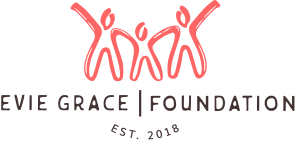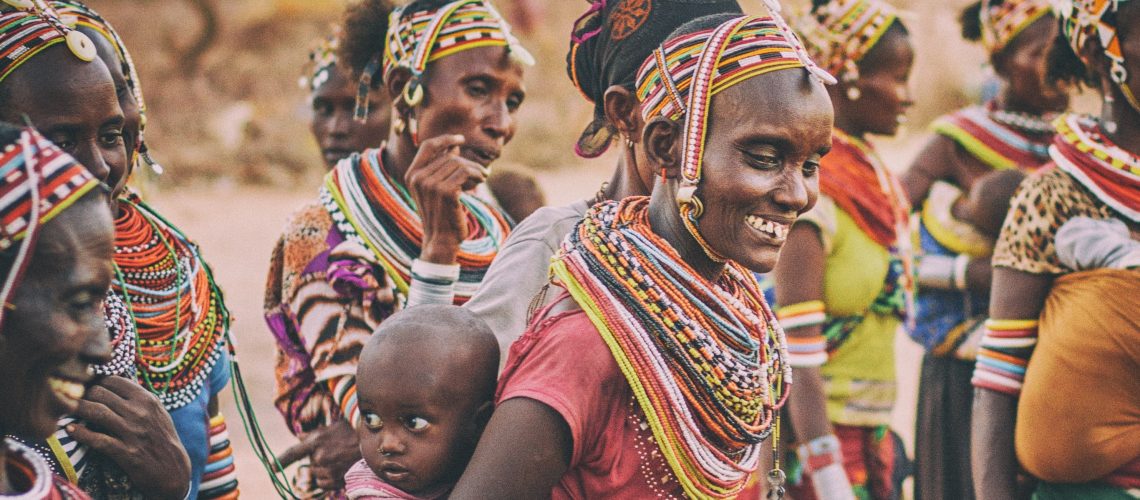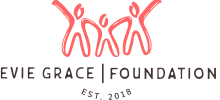“In Kenya, women are the first victims of environmental degradation, because they are the ones who walk for hours looking for water, who fetch firewood, who provide food for their families” – Wangari Maathai.
As a Kenyan social, environmental, and political activist, Wangari Maathai had a great insight into Kenyan society. Unfortunately, until today, women still aren’t seen as equally valuable as men in Kenya. It doesn’t matter if it is environmental degradation, social injustice, or the COVID-19 Pandemic, women often are the main victims.
Even though literacy and empowerment of women have increased in recent years, there is still inequality inside the communities, in workplaces, and traditional practices.
In some communities and schools, the stigma that women shouldn’t be in the same class as men is still present. More than 40% of girls are struggling to stay in their school programs as they carry out many responsibilities outside the house, such as cooking, cleaning, and taking care of their siblings. Most of the girls in tribal communities are meant to learn chores from a very young age, while boys get to play.
The pay gap between men and women at workplaces in Kenya is the main hindering effect for women to study and pursue higher education.
A woman working full time sometimes earns even less than a man who is working a part-time job.
Approximately 50% of Kenyan women still get married before 19 years of age. In traditional families, girls have to get pregnant after their marriage which often keeps them from following their career path and makes them financially dependent on their husbands.
As harmful traditional practices, female genital mutilation and gender-based violence are discriminating against women in terms of education, healthcare, and other opportunities.
One in ten girls has undergone female circumcision.
Most women don’t receive education about menstruation, sexuality, and their bodies during puberty, as it is seen as a taboo topic. Evie Grace Foundation provides empowerment projects for women to make and use reusable menstrual pads to improve personal hygiene and offers counselling and education about sexuality, puberty, self-love, and women’s rights.
In the Maasai ethnic group, 4 out of 5 younger women in southern Kenya undergo circumcision as part of an elaborate rite of passage. With the involvement of activists and criticism by the women who have undergone it, it has been replaced with another less harmful activity recently. Instead of circumcising, the Maasai pour fresh milk over the young women’s thighs.
Since the Corona Pandemic started, the National Council on Administration of Justice reported “a significant spike in sexual offenses” in Kenya. The shutdown made the girls victims for domestic violence as in some cases the perpetrators are relatives or people living with them. 45% of women and girls aged between 15 and 49 have been physically violated and 14% have experienced sexual violence, according to the Kenyan government. The numbers might be even higher, as there are many cases that have not been reported. Without counselling or help, the consequences of sexual and other forms of violence against women are devastating: unplanned pregnancies, HIV or other STD’s, injuries and serious physical, mental, sexual, and reproductive health problems.
Unfortunately, experiencing violence and inequality is a daily reality for women and girls across Kenya. Many organisations, such as Evie Grace Foundation, are working hard to establish female rights and support the women as much as possible. The “Samburu Village” in Umoja is a great example of an organisation fighting for women’s rights and matriarchy. It is organised by women and founded by Rebecca, a woman who experienced violence and injustice herself.
There should be more women participating in educational programs and politics! More women should be in leading roles at their workplaces! If women would have the same rights as men and could develop their full potential, this could make a significant positive impact on the economy and social life.
Women deserve having a voice and rights! Developing countries such as Kenya should focus on the bright future of the younger female generation.
References
- https://www.nation.co.ke/oped/opinion/-Protect-women–girls-from-domestic-abuse-during-Covid-19-period/440808-5530872-of7h9r/index.html
- https://www.theguardian.com/global-development/2015/aug/16/village-where-men-are-banned-womens-rights-kenya
- https://www.edtimes.in/the-land-of-no-men-an-example-of-successful-matriarchy/
- https://www.afidep.org/harmful-traditional-practices-impact-adolescent-sexual-reproductive-health-kenya-whats-way/
- https://www.azquotes.com/quote/181970?ref=kenya


